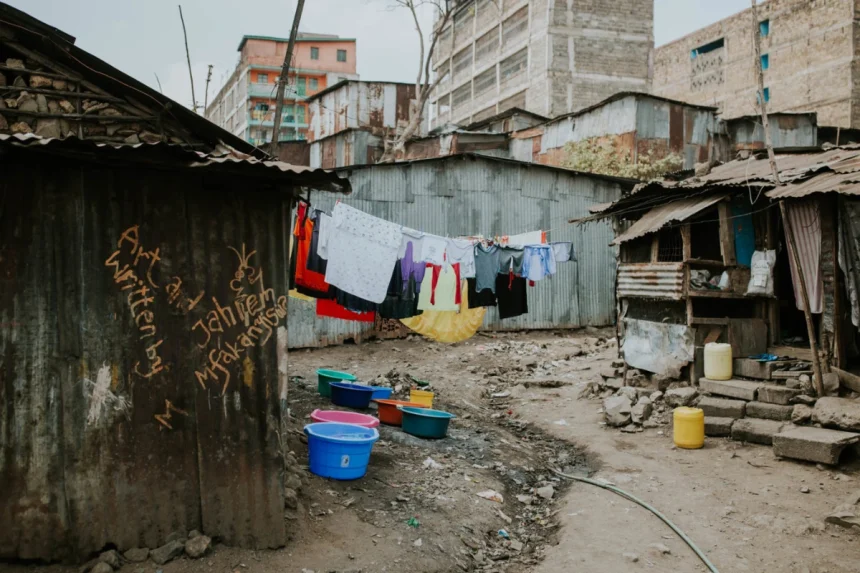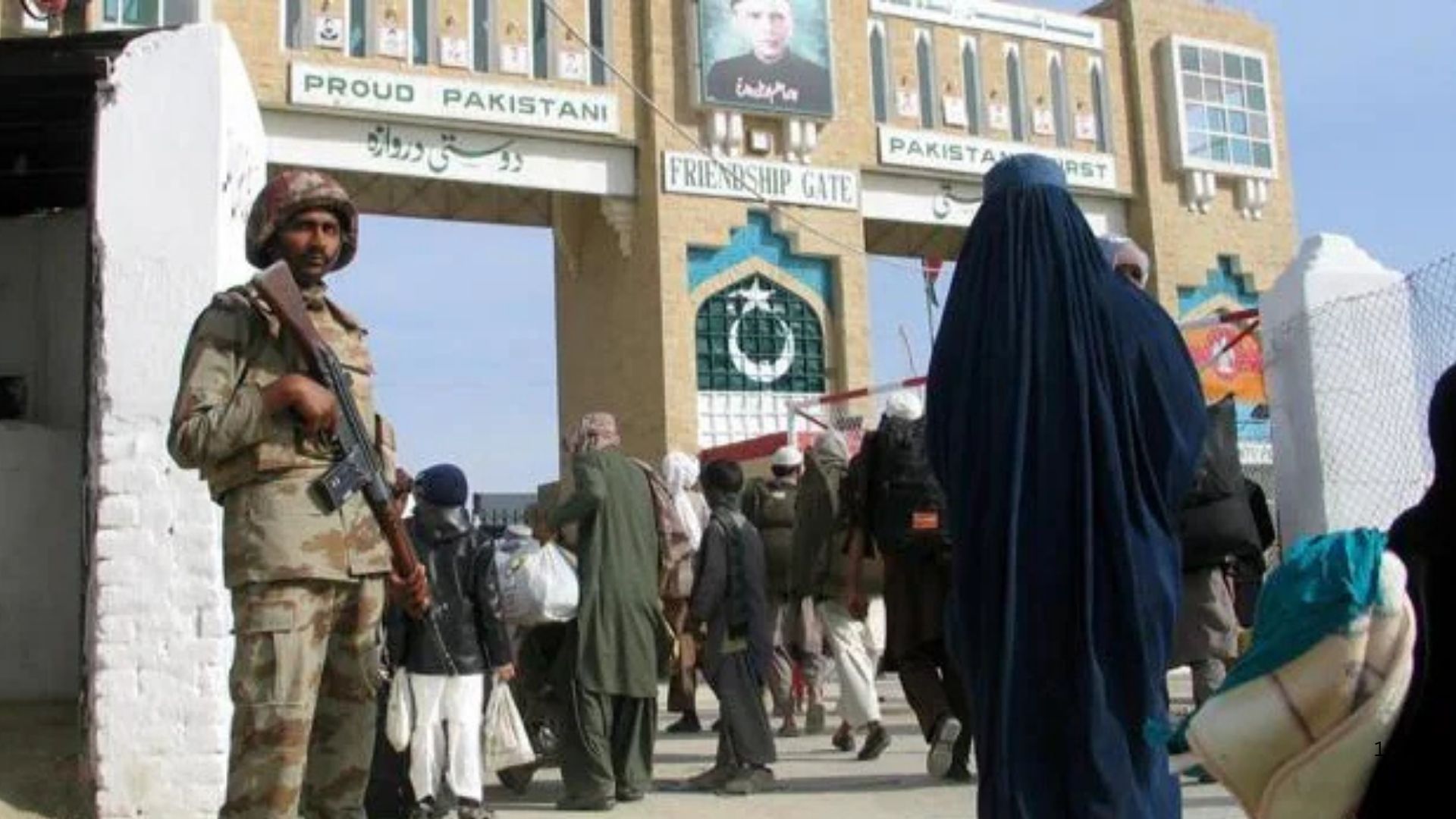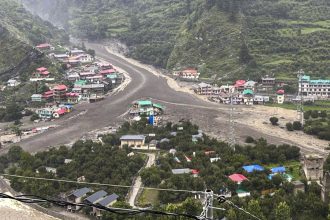The recent report on falling poverty rates in India by the World Bank has come as a short in the arm for the Modi government. It claims near eradication of extreme poverty at around 2.3% down from 16% in 2011-12. It shows all around decline in poverty rates even using lower middle income countries standards as well as multi dimensional poverty levels. The report vindicates the government claims against the opposition charge of growing inequality, unemployment and rural distress. As per the world bank its report is based upon the 2011 consumer expenditure survey data and the 2022 household consumer expenditure survey (CES) by the NSSO. As the bank does not have any independent or self data. It is however noteworthy that there has been no consumer expenditure survey since 2011. The 2017-18 survey reports were discarded by the government after it showed fall in rural consumption and the 2022 survey data is still not completely out. Moreover the 2022 survey used a different methodology making comparison difficult. Much of the report is based upon extrapolation from the 2011 survey data using gdp growth data. Private data from the center for monitoring Indian economy (cmie), oxfam and pew research contradict the findings stating rising unemployment and stagnant wages. We may recall that the 2017-18 periodic labor force survey (plfs) report was also suppressed which claimed record high unemployment. Even the annual survey of industries have been delayed for years and retroactive revisions to iip figures have been made. Most importantly the situation assessment survey (SAS) of farmers has not been carried out since 2012. The 2018-19 survey was scrapped, and no objective data was available during the farmers movement in 2020. The largest business survey Economic census 2019-20 findings have still not been released completely. All this has eroded the confidence in India’s data institutions. The abnormal delay in the decadal population census further lowers this confidence. While the world bank figures are extremely encouraging, the data robustness is not negotiable. Without it governance is just shooting in the dark. The government should take immediate measures to restore the data robustness and credibility.
[
Latest News









